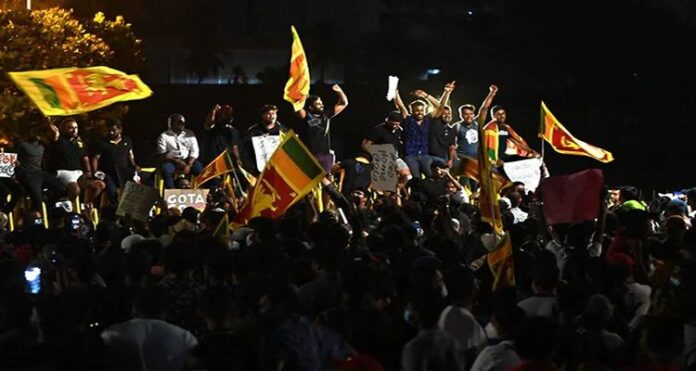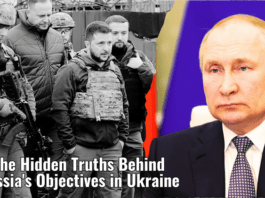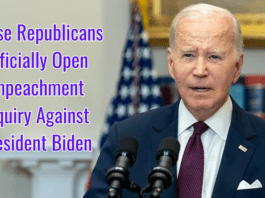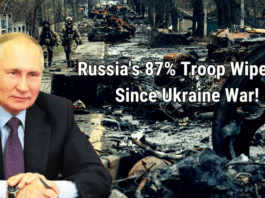As anti-government protests erupted across the island on Wednesday, the International Monetary Fund said it had asked cash-strapped Sri Lanka to “restructure” its massive foreign debt before a bailout programme could be finalised. Sri Lanka began talks with the IMF this week in Washington, after announcing its first-ever default on external borrowings. The South Asian country is in the grip of its worst economic crisis since its independence in 1948, and a wave of protests over food and fuel shortages has rocked the country.
“When the IMF determines that a country’s debt is not sustainable, the country must take steps to restore debt sustainability prior to IMF lending,” said Masahiro Nozaki, the Fund’s country director.
“An IMF-supported programme for Sri Lanka would necessitate adequate assurances that debt sustainability would be restored.”
The IMF said talks with Sri Lanka were still in their “early stages,” but it was “very concerned” about the country’s economic situation and the hardships endured by its people, particularly the poor and vulnerable.
Earlier this year, the IMF warned that Sri Lanka’s $51 billion in foreign debt was unsustainable.
According to the IMF, Colombo’s existing debt means the country cannot apply for emergency financing.
According to sources in the country’s finance ministry, debt restructuring will necessitate creditors accepting a “haircut” – a reduction in the value of their assets – or agreeing to longer repayment periods.
Almost two weeks ago, the government roughly doubled key interest rates and allowed the currency value faster in the hope of attracting foreign currency inflows.
On Monday, President Gotabaya Rajapaksa admitted that Sri Lanka should have approached the IMF “much sooner.”
Even the most basic necessities, such as food, fuel, and medicines, are in short supply in the country. Widespread shortages sparked nationwide protests on Tuesday, which turned violent.
In a central town, one man was killed and 29 others were injured in clashes, while tens of thousands continued to demonstrate outside the president’s office in Colombo, demanding his resignation.







